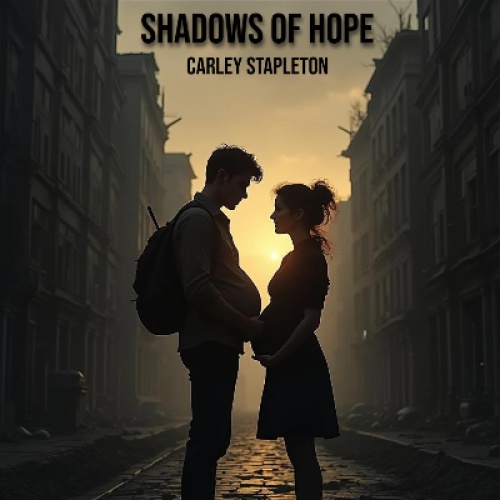The bitter winter of 1943 brought with it a surge of both terror and resistance. The Nazi regime intensified its brutal efforts to deport the remaining Jews from Berlin, including those in so-called "mixed marriages." Yet, amid the darkness, unexpected acts of courage and defiance began to ripple through the city.
Ana and Klaus heard whispers of a remarkable event unfolding in the heart of Berlin: the Rosenstrasse Protest. Non-Jewish wives and relatives of Jewish men, many of whom were imprisoned in a Jewish community building on Rosenstrasse, had gathered in a rare and powerful act of public resistance. Despite the threat of violence, hundreds of women stood in the bitter cold, chanting and demanding the release of their husbands.
The protest lasted days, growing in size and strength, and despite threats from armed guards, the women refused to disperse. The courage of these women sent shockwaves through the city and beyond, forcing the Gestapo to release the imprisoned men on March 6, 1943.
Ana clutched David close as she listened to the news. "They stood together," she whispered. "Ordinary people, risking everything for their loved ones."
Klaus nodded, his eyes shining with a mixture of admiration and renewed determination. "It shows that even in the darkest times, resistance can take many forms. We must find our own ways to fight."
Elsewhere in Germany, the White Rose group of students and professors had been distributing leaflets calling for active opposition to the Nazi regime. Though the core members had been arrested and executed earlier in the year, their words continued to inspire underground resistance networks.
Klaus and Ana's circle shared these leaflets in secret, their messages fueling the spirit of rebellion.
One cold evening, Ana wrote by candlelight, the flickering flame mirroring the fragile hope in her heart.
"March 15, 1943
The courage of the women at Rosenstrasse is a beacon in this darkness. Their voices, rising in unyielding protest, remind me that resistance is not only in battle but in standing firm for love and justice. Klaus and I carry their strength with us as we prepare for the final push. The road ahead is perilous, but we will not falter. For David, for all of us, we fight on."
Klaus intensified his work with the partisans and underground networks. Plans were laid for coordinated sabotage missions targeting rail lines, factories, and communication hubs vital to the Nazi war machine.
Ana helped organize safe houses and care for refugees; her home was a sanctuary amid the chaos.
Despite the risks, small victories began to emerge. Some deportations were delayed or disrupted. The voices of resistance, both loud and quiet, grew stronger.
Klaus and Ana knew the war was far from over, but the spirit of defiance was alive and burning bright.
As spring approached, Klaus and Ana steeled themselves for the battles ahead. Their love, their courage, and their unyielding hope would be their greatest weapons in the fight for survival and freedom.





